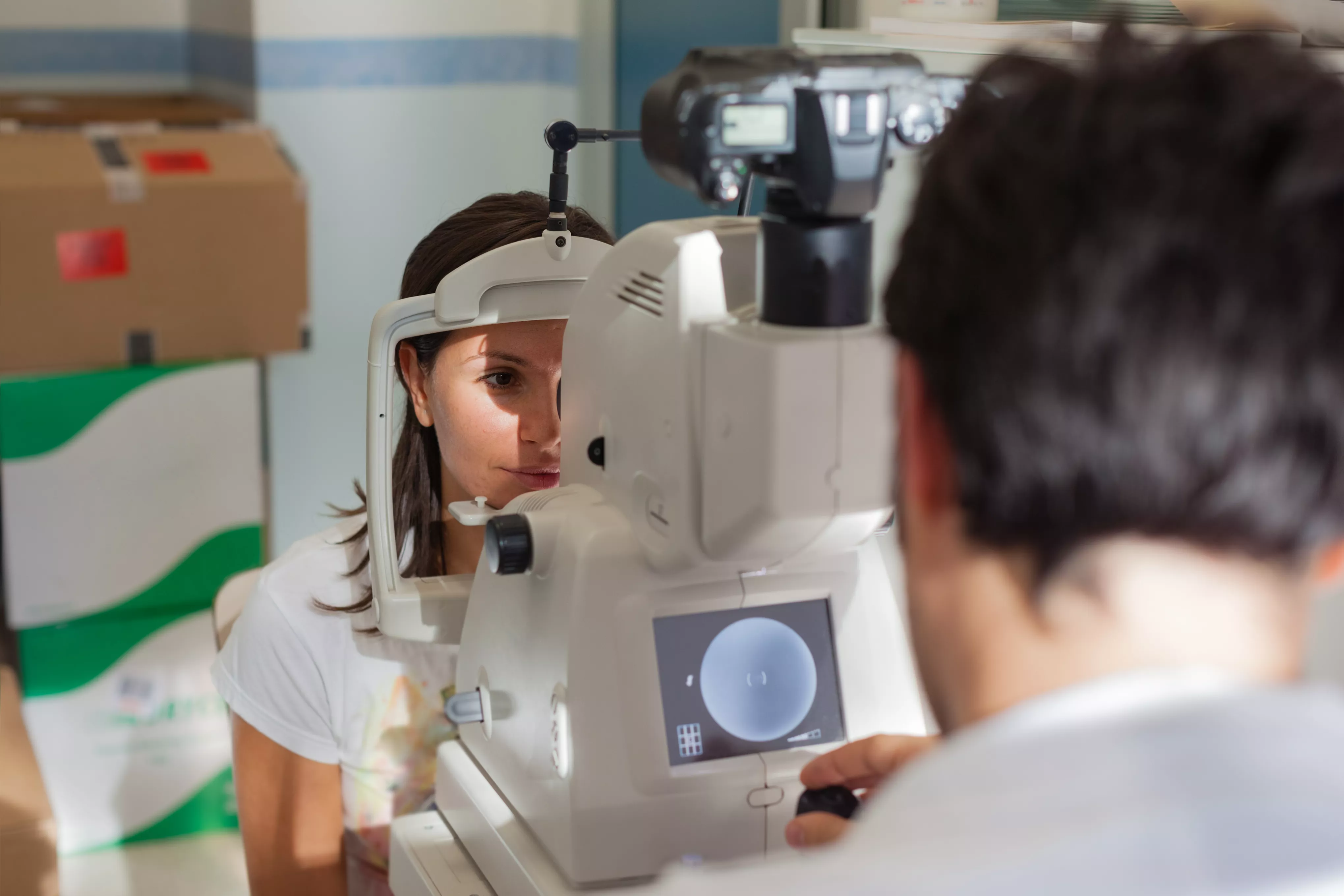
Our researchers have identified a key protein that triggers the earliest stages of diabetic retinopathy.
The discovery could revolutionise how retinopathy is treated, shifting from managing late-stage eye damage to preventing vision loss before it begins.
The new study, led by Dr Giulia De Rossi at UCL, reveals that a protein called LRG1 plays a critical role in starting the earliest stage of eye damage after diabetes develops.
LRG1 causes the cells that wrap around the eye’s smallest blood vessels to ‘squeeze’ too tightly and strangle them. This reduces oxygen supply to the retina and sets off a chain of events that can eventually lead to sight loss.
Importantly, when researchers blocked LRG1 activity in mice with diabetes, they were able to prevent this early damage and preserve healthy eye function.
Dr Giulia De Rossi, Diabetes UK RD Lawrence Fellow, said:
“Our discovery shows that diabetic eye disease starts earlier than we thought, and LRG1 is a key culprit in this early damage. Targeting this protein could give us a way to protect vision before serious damage occurs and prevent, rather than treat, blindness in millions of people living with diabetes.”
Diabetic retinopathy occurs when high blood sugar levels damage the retina at the back of the eye. Attending regular eye screening appointments can spot early signs of damage.
But current treatments aren't effective in the early stages of retinopathy. They're usually only used once symptoms, such as blurred or distorted vision, appear and irreversible damage has set in. Even then, current therapies – which target another protein called VEGF – only work for around 50% of people with diabetes and rarely reverse existing harm.
This new research shows that LRG1 starts causing eye damage far earlier than VEGF, making it a promising new treatment target.
Unlike current treatments, a drug that blocks LRG1 could intervene before vision deteriorates and prevent the progression of retinopathy altogether.
The UCL researchers have already developed a tried and tested LRG1-targeting drug. They're now completing final laboratory studies and hope it will be ready for clinical trials in humans in the near future.
The team believes a LRG1-therapy will not only stop the onset of diabetic retinopathy, but also benefit people in the later stages of the disease, particularly those who don't respond to existing anti-VEGF treatments.
Dr Faye Riley, Research Communications Lead at Diabetes UK, said:
“Nearly a third of adults with diabetes have some signs of retinopathy, and it is one of the most feared complications of the condition. By identifying the root cause of early damage, and offering a new path for treatment, this research holds immense promise for protecting the sight of people with diabetes worldwide.”
This research was co-funded by Diabetes UK and Moorfields Eye Charity, with support from Wellcome.
